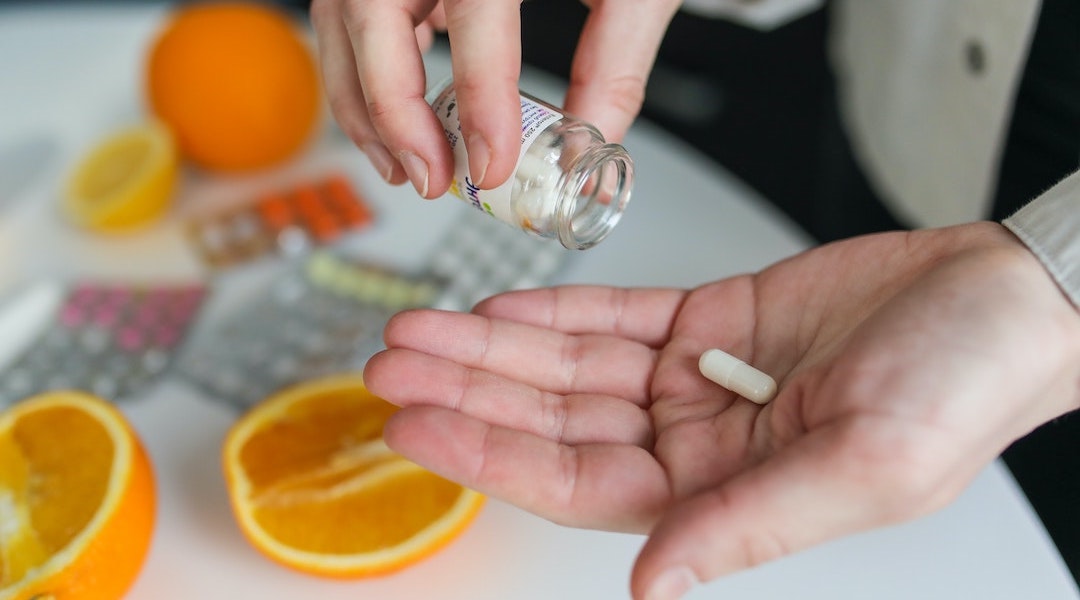Here in New England- and parts of the East Coast – the light of winter is shifting back to more each day. That said, a few of us may indeed be feeling even less peppy. Pandemic anyone?
Well perhaps that’s it, & perhaps there has been a physical shift happening to you with the less sunlight that’s adding to your blues… If so, this could help.

Seasonal Effective Disorder – Yes, a fancy name & a real thing.
Seasonal Effective Disorder – Wikipedia says:
Seasonal affective disorder (SAD) is a mood disorder subset in which people who have normal mental health throughout most of the year exhibit depressivesymptoms at the same time each year, most commonly in winter.[1][2] Common symptoms include sleeping too much, having little to no energy, and overeating.[3] The condition in the summer can include heightened anxiety.[4]

How To Help It:
- Make your environment sunnier and brighter. Open blinds, trim tree branches that block sunlight or add skylights to your home. …Some people use lamps inside. (Research please).
- Get outside. Take a long walk, eat lunch at a nearby park, or simply sit on a bench and soak up the sun. …
- Exercise regularly.
- Check & treat your Vitamin D levels. This can be done with a blood test & If low – your doctor can prescribe supplements.
Denise’s
 2 Cents:
2 Cents:
I used to shake my head at those that became “Snow Birds” in the winter, & traveled down south to somewhere without snow shoveling! I must say I have a new view as I age. Some of it is actually not enjoying winter sports as much as I used to. Some of it is just not wanting the hassle of being cold and missing the freedom of moving outside in warmer easier climates.
And yes science will back me up, as we age – Vitamin D levels – especially in the Northeast – impact health and attitude. The amount of sunlight really does matter & for some of us, it’s enough to tip us into Seasonal Effective Disorder or SAD.
Ask your doctor about a blood test for your Vitamin D levels, & then get a good form of the vitamin – preferably one that has some fat in it to help you metabolize it.
